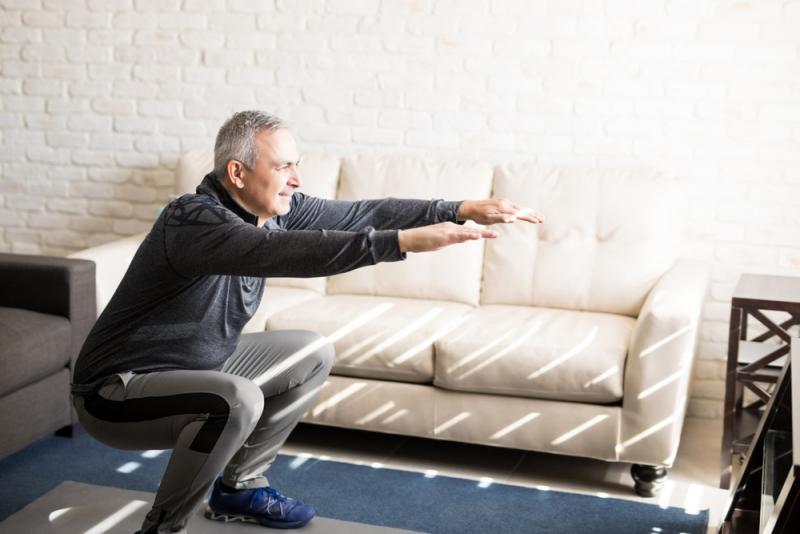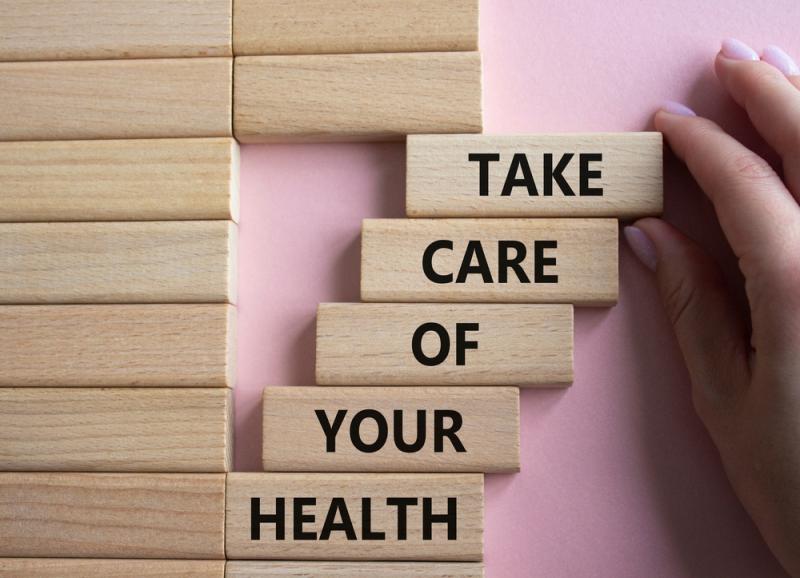
10 Easy Self-Care Ideas That Can Help Boost Your Health
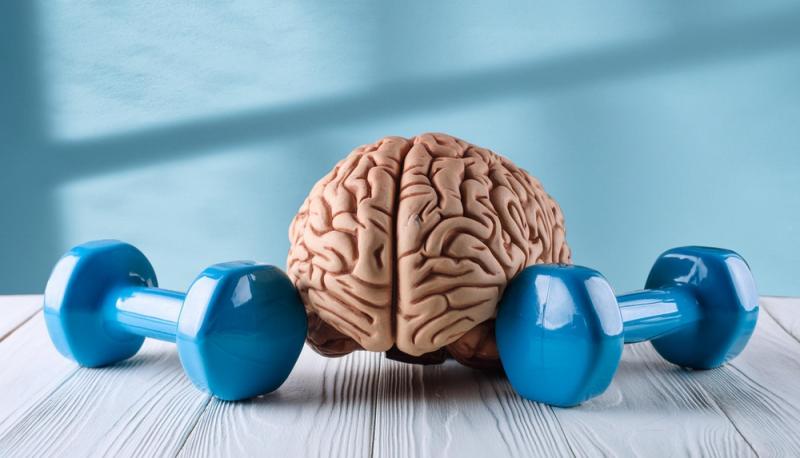
7 Brain Exercises to Strengthen Your Mind
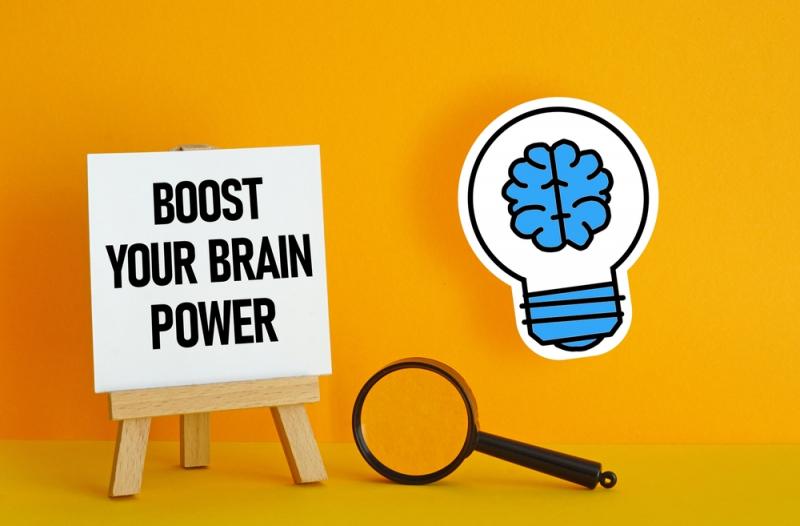
Mind & Body: 5 Ways Meditation Boosts Brain Power
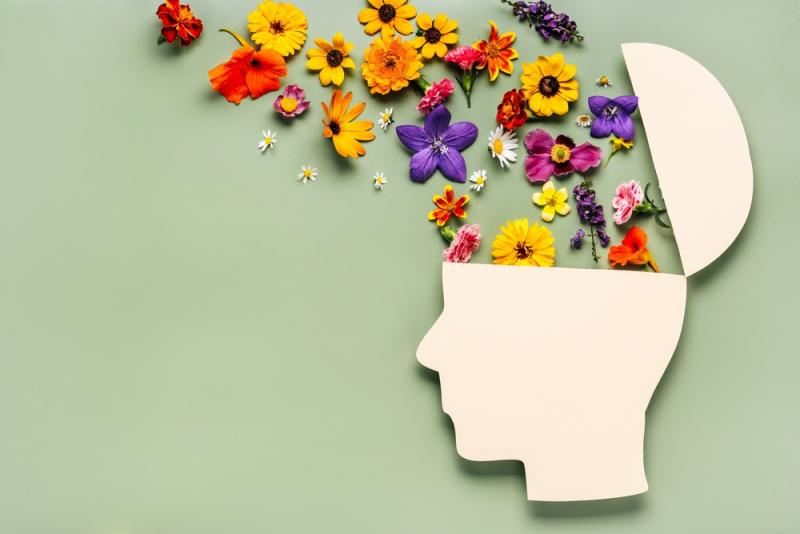
Active mind/body, healthy mind/body
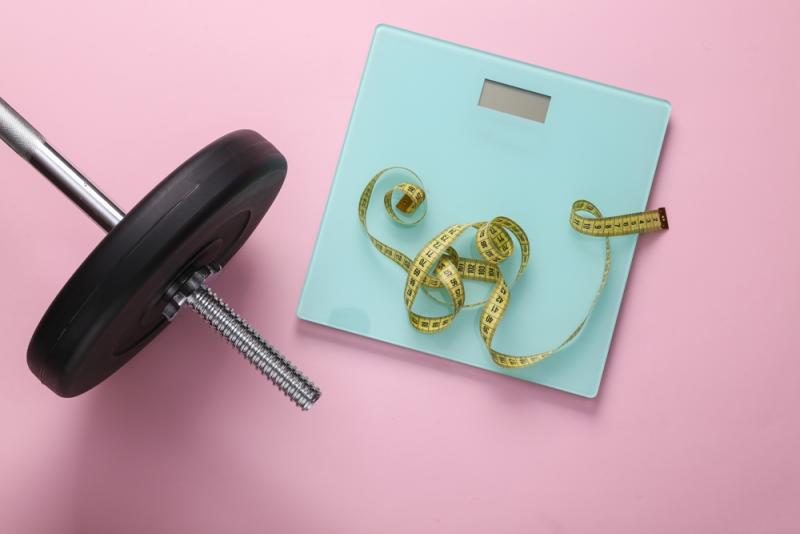
How to trick your mind into losing weight

The ‘One Punch Man’ Workout Is Taking Over Social Media—Here’s Exactly How to Do this 30-Day Workout Plan

Cycling, running, strength training are best exercises to boost longevity, mental health
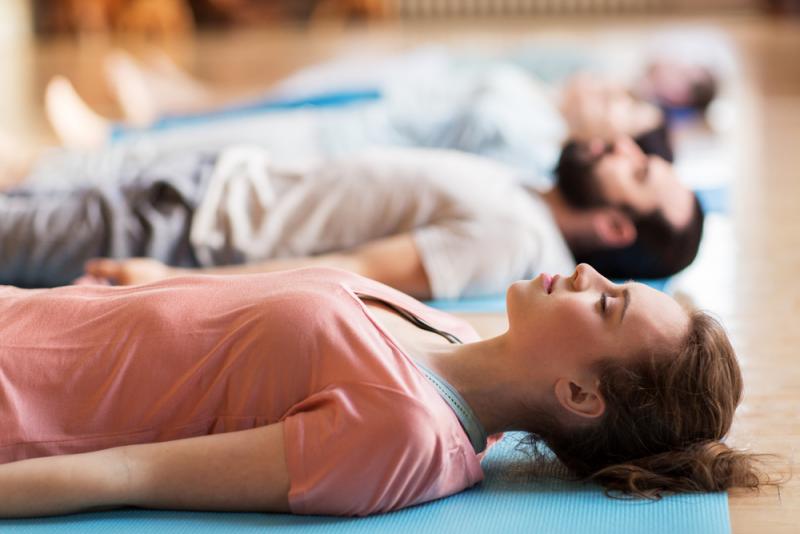
“Your Mind And Body Will Thank You” For This Informative Yoga Workout With Asanas By Shilpa Shetty
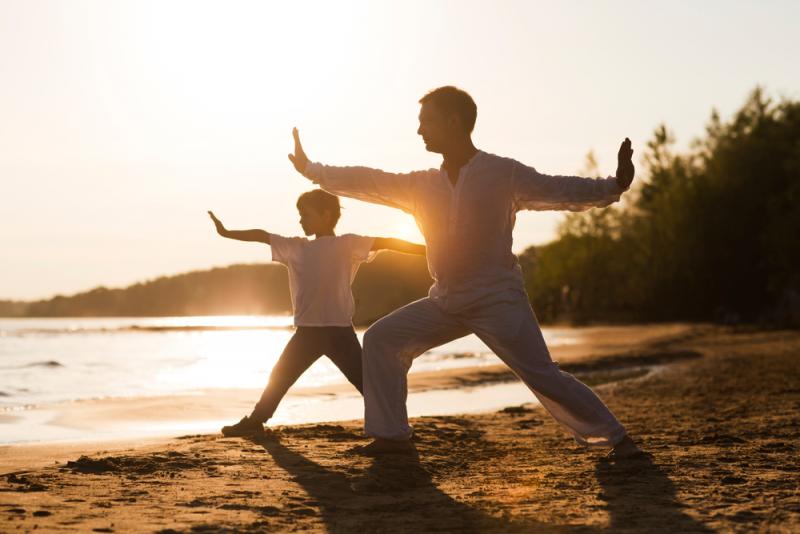
Tai Chi Is a Workout for the Brain and Body
